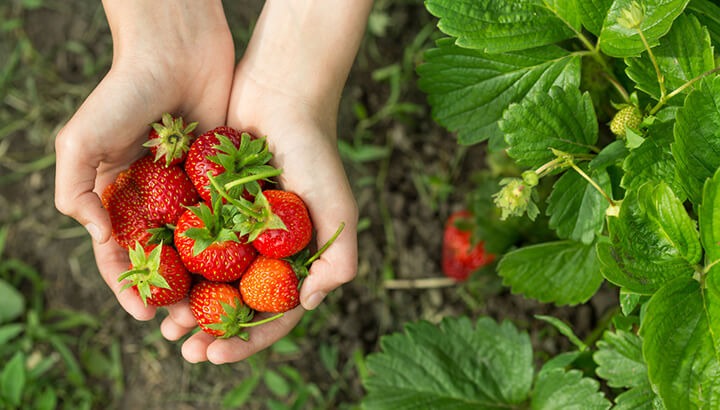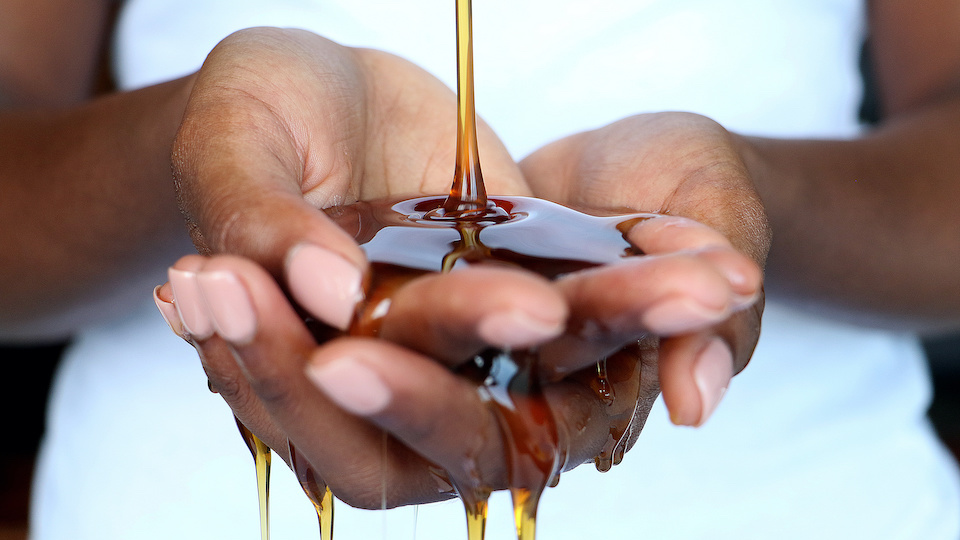One of my all time favorite stories was told to me by a patient who had just come back from a Weight Watchers meeting. You can imagine the scene…a room full of overweight and obese people supporting each other, telling their own stories, sharing their success, and lamenting their failures. The conversation that particular day turned into a lively discussion about…fruit.
They talked about the fructose in fruit, and how it can raise blood sugar. They talked about how some fruits have more fructose than others…and that berries were better than bananas. They even got into the subject of the glycemic index; a scale that was developed to assess the relative impact of different foods on blood sugar levels. The conversation continued for 10-15 minutes before one brave soul stood up and asked a simple question:
“Is anyone in the meeting really here because they ate too much fruit?”
Silence in the room. And a few heads hung down with weight of the brutal honesty that this question revealed. None of these folks are overweight or obese because they ate too many bananas.
Attacking Sugar in Fruit — Is it a Diversion?
Don’t get me wrong, the sugar in fruit can indeed raise blood sugar levels. And the glycemic index (GI) is indeed a valuable tool for dietary and nutrition education. But just like in this story, people can get fixated on the effect of different fruits on the GI and soon they’re asking if they should be avoiding watermelon.
Although this conversation is interesting and useful…it is a diversion from the much more pressing issues. In terms of obesity…fruit is not the problem.
The Real Measure to Look For — Natural Food Versus Processed Food
Michelangelo was not talking about food when he said “Simplicity is the ultimate sophistication” but he could have been. Keeping that in mind, I’d like to reiterate a very straightforward idea. Your food should come from plants…not a food processing plant. If you are getting most of your food in the form that nature produced it (real whole foods including fresh fruits and vegetables), then you are on the right track. On the other hand, if most of the food you eat is processed and packaged in a box, can, jar, bottle, or bag you are likely doing your health a disservice.
Sugars added to foods (like high fructose corn syrup) are the ones that people should worry most about. Yes, fruits and fruit juices contain sugars, but they also contain valuable nutrients, antioxidants, enzymes, and fiber, which are very good for you.
In particular, when you consume sugar in the form of whole fruit, you are also getting beneficial fiber at the same time. This helps ensure that the sugar is released more slowly into your system so that blood glucose levels do not spike. In addition, fiber-rich fruits help produce feelings of satiety helping you stay fuller longer. As a result, people who consume a diet rich in organic fruits and veggies tend not to overeat.
Processed foods are often loaded with sugars but devoid of nutrition and fiber. Therefore, they tend to give you a temporary jolt, but leave your feeling empty and craving for more (even after you have stuffed yourself).
Here’s my takeaway when it comes to sugar. A strawberry and a soda both contain carbohydrates that will raise your blood sugar. Choose the one that came from the farm, not the factory.
Take good care,
Dr. Joshua Levitt









